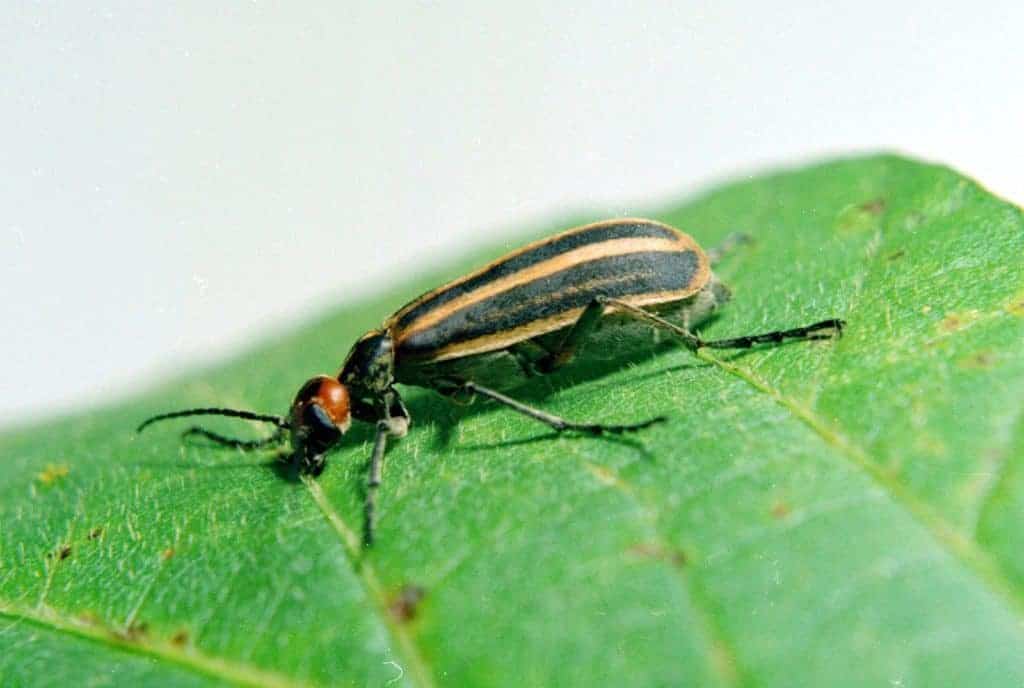
Toxin Topic: Snakebites and Horses
The long hot days of summer bring an increased snakebite risk to all animals, including horses.

The long hot days of summer bring an increased snakebite risk to all animals, including horses.

Adjusting what a horse consumes can help prevent or squelch some equine ailments.

Alltech’s KnowMycotoxins.com now offers a fresh take on conquering the challenge of mycotoxins. The website
Ensuring your horse maintains a balanced calcium and phosphorus ratio in his diet is critical, as horses with
Skin and subcutaneous (under the skin) tumors in horses comprise 50-80% of all equine neoplasia (tumors).
But how should you manage a horse that hasn’t yet developed laminitis, but is a likely candidate?
Science has shown us that horses require magnesium to keep their bodies functioning properly, so should owners
Texas lawmakers have passed legislation that defines the role of nonveterinarian equine dentists in that state

Owners should be aware of a potentially fatal tagalong in healthy-looking alfalfa hay: blister beetles.

Owners often base plant choices in aesthetics, but toxicity should be considered when planting near horses.
Nothing disrupts the joy of foal ownership like the observation of potential problems: A disinterest in nursing, a depressed attitude, strange mannerisms, or seizures could mean a foal is suffering from some serious neurologic problems. During a
There’s nothing more heart-wrenching than watching a newborn foal fight for his life.
Devil May Care, a starter in the 2010 Kentucky Derby Presented by Yum! Brands, was euthanized May 4 after a confirmed diagnosis of lymphosarcoma, a form of cancer. The filly’s condition was recently confirmed by Johanna Reimer, VMD, Dipl. ACVIM, of
A $20,000 donation from the Equine Foundation of Canada (EFC) to support horse health at the Western College of Veterinary Medicine (WCVM) on the University of Saskatchewan campus has been doubled by a matching gift program, bringing the total gift
Controlling poison hemlock growth in early spring could help keep pastures and livestock healthy, according to J.D. Green, PhD, extension weeds specialist with the University of Kentucky College of Agriculture. “Poison hemlock i

Horse owners must be able to acknowledge that a horse is overweight and needs to drop a few pounds.
Stay on top of the most recent Horse Health news with
"*" indicates required fields